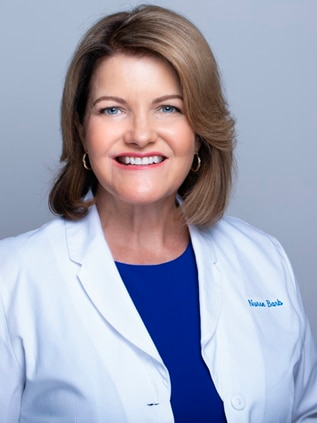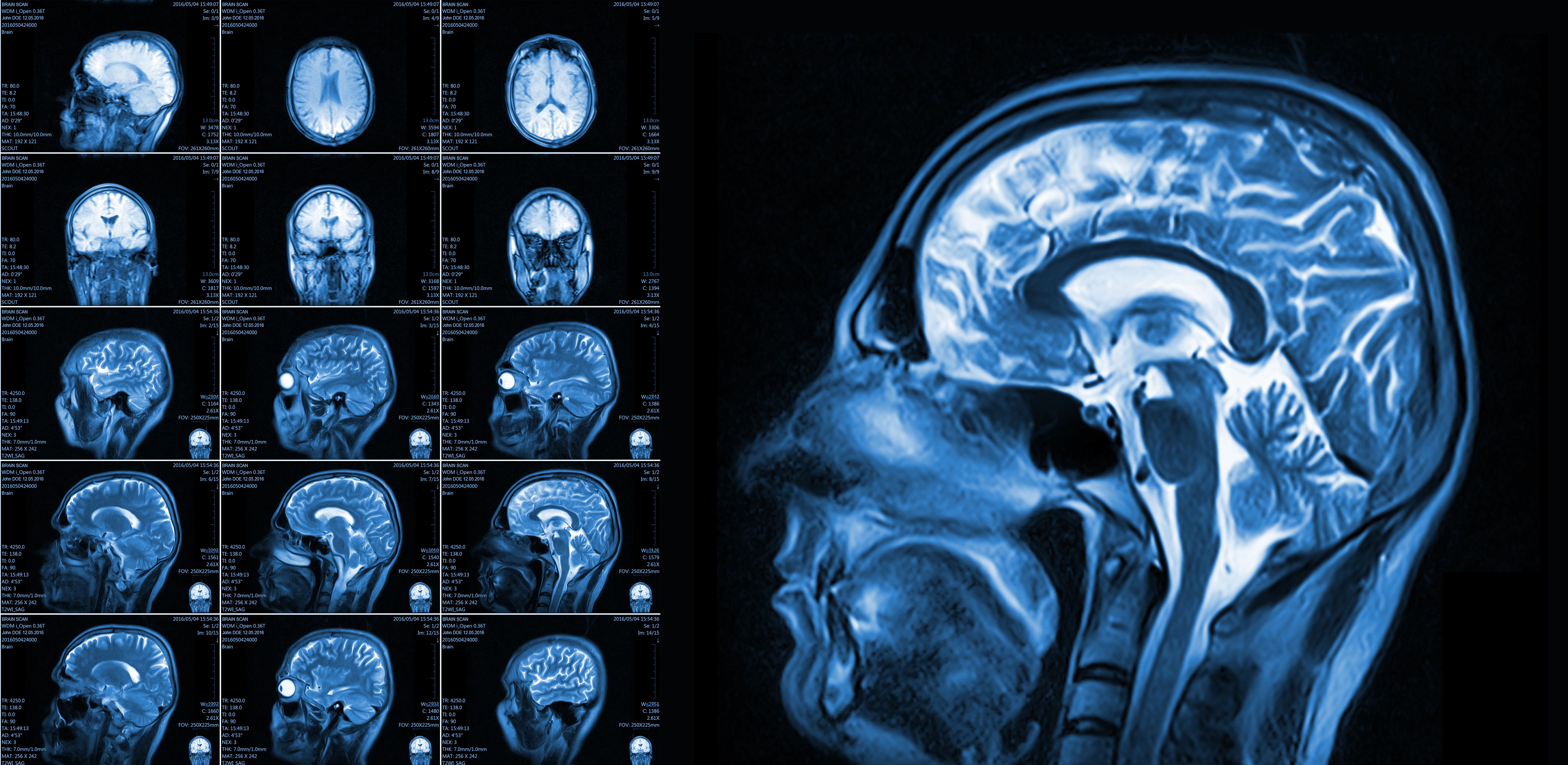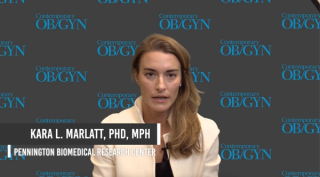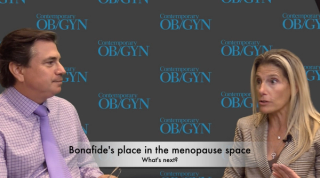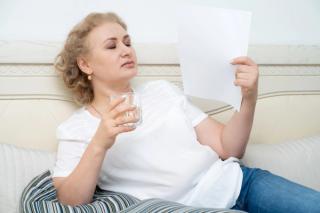
Menopause
Latest News
Latest Videos

CME Content
More News
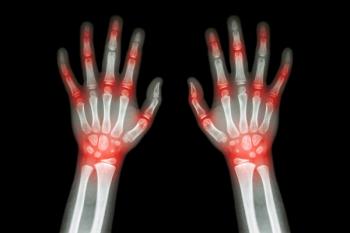
Commons forms of osteoarthritis, as well as prevention methods, were discussed at The Menopause Society 2023 annual conference.

The most recommended and non-recommended methods of nonhormone therapy for treatment of vasomotor symptoms were discussed at The Menopause Society 2023 Annual Conference.

Advancements in technology used to measure bone health in postmenopausal women were discussed at the Menopause Society 2023 Annual Meeting.

A recent study measuring sexual functioning in women with post-traumatic stress disorder was discussed at The Menopause Society 2023 Annual Meeting.

Genevieve Neal-Perry, MD, discusses how fezolinetant is effective for treating vasomotor symptoms.

In a recent study highlighted at the Menopause Society 2023 Annual Meeting, a correlation was found between the number of hot flashes experienced and the risk of Alzheimer’s disease among perimenopausal and postmenopausal women.
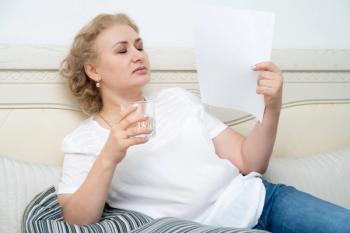
A correlation between brown adipose tissue activity and hot flashes was discussed at the Menopause Society 2023 Annual Conference.
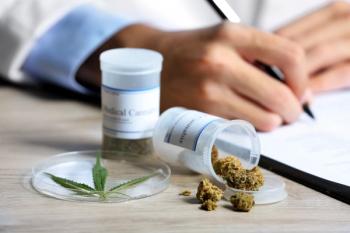
In a recent study, increased use of cannabis to manage menopause symptoms was observed among midlife women.

In a recent study highlighted at The Menopause Society 2023 Annual Meeting, White women with a psychiatric condition were 40% more likely to receive a hormone therapy prescription than Black women.

At The Menopause Society 2023 Annual Meeting, tips on reducing weight during menopause will be discussed.
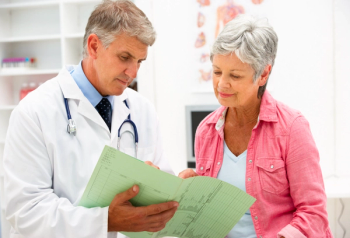
The presence of NAFLD increased from 25.3% to 29.4% among patients receiving oral menopause hormone therapy.

In a recent study, women with premenstrual disorders were more likely to experience early menopause and vasomotor symptoms.

A recent survey indicated a lack of proper menopause education for obstetricians and gynecologists.
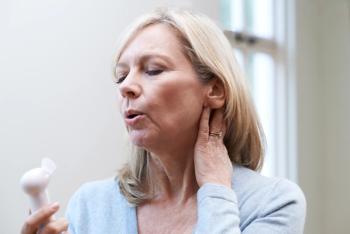
Daré Bioscience has published the results of a phase ½ trial on DARE-HRT1, indicating efficacy against moderate-to-severe vasomotor symptoms.

An analysis of postmenopausal women shows a nearly two-fold increase in liver cancer incidence among those who consume at least 1 soft drink or fruit drink daily.
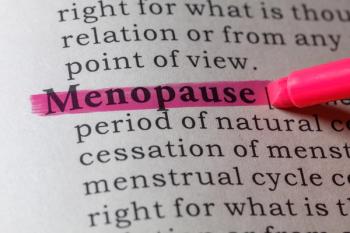
In a recent study, women with a prior history of infertility were more likely to experience sleep problems, irritability, and depressive mood in midlife.
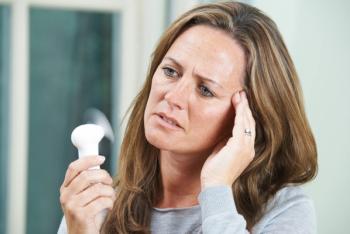
In a recent study, premature and early menopause were more common in women with a history of infertility, miscarriage, or stillbirth.

Menopausal women who drink alcohol should limit consumption to moderate drinking, according to experts. However, binge drinking in this population has been on the rise, for which clinicians can help by referring these patients to appropriate treatment.
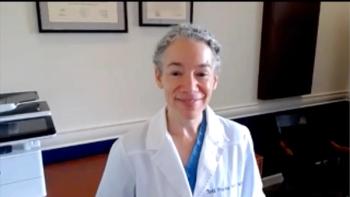
Beth A. Prairie MD MPH FACOG FACPM, discusses how alcohol consumption worsens symptoms of menopause in midlife women.

Astellas has announced positive results of a trial evaluating the safety and efficacy of fezolinetant in menopausal women with moderate to severe vasomotor symptoms.

Monica Christmas, MD, associate professor at the University of Chicago, discusses the findings of a study on how vaginal estrogen may be used to treat urinary symptoms in postmenopausal women, along with how she hopes these findings will impact treatment in women with urinary symptoms.

As maintaining cognitive function remains difficult in an aging population, how are women in menopause impacted?

In a recent review, vaginal estrogen was effective for treating urinary symptoms in postmenopausal women.

The North American Menopause Society Advisory Panel has announced the release of their 2023 position statement on nonhormonal therapy for menopause.
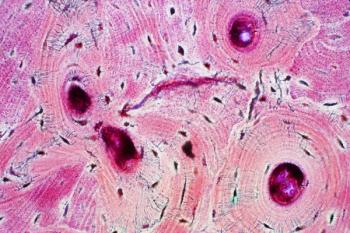
In a recent study, midlife women with prediabetes before menopause transition were more likely to experience fractures in postmenopause.

